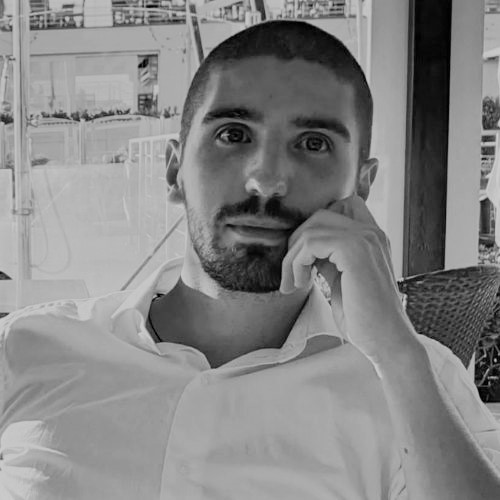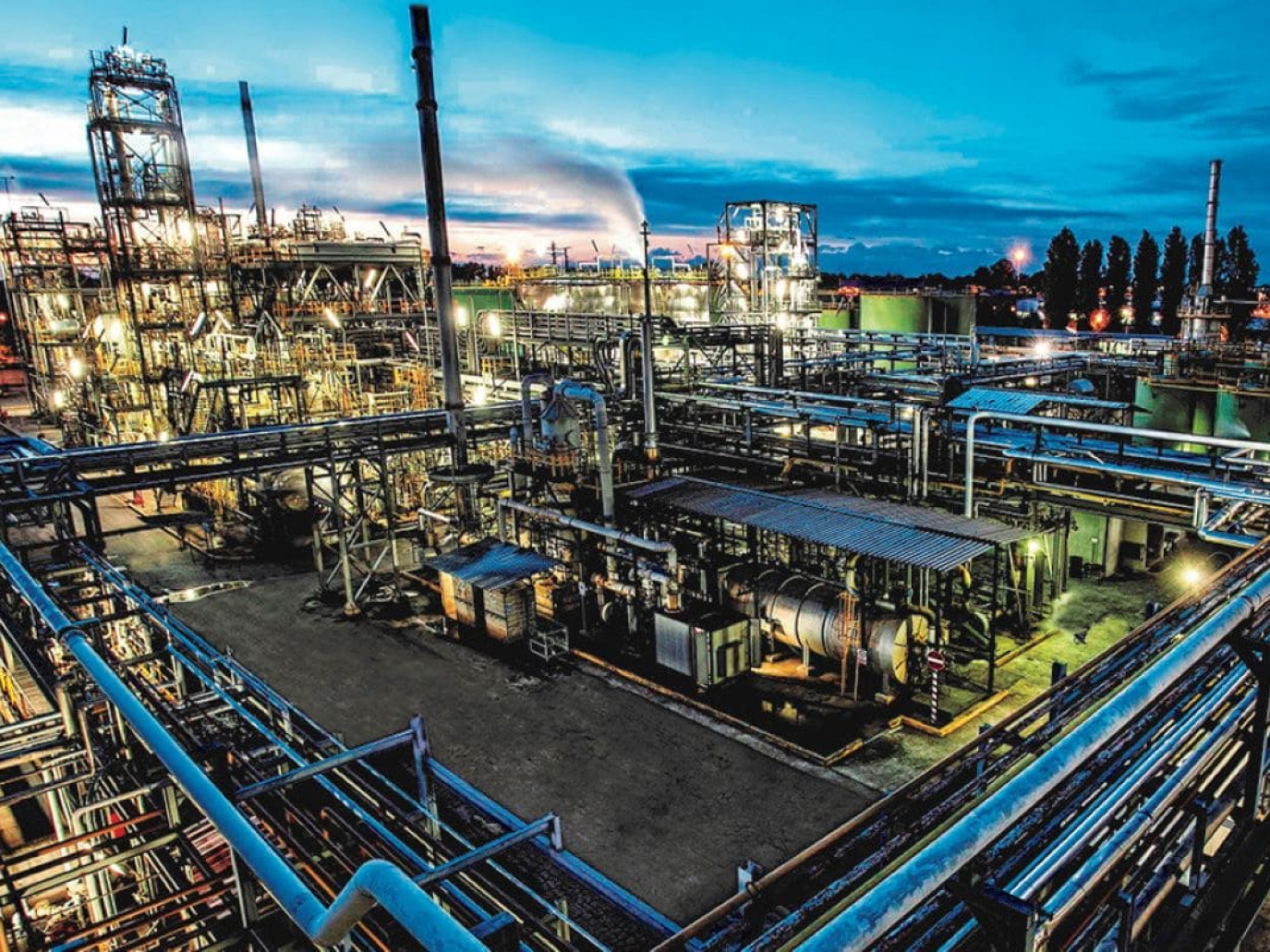This article is also available in Italian / Questo articolo è disponibile anche in italiano
There is no point in denying the evidence. The Green Deal was losing its appeal, caught between political compromises and excessive bills. But industry could not afford to wait, so the new von der Leyen Commission shifted gears and played its trump card: the Clean Industrial Deal.
One hundred billion euros are now on the table to drive a truly European transition: clean, but also concrete, productive and fair. Meanwhile, some players in the industrial ecosystem wasted no time in reading the intentions. If you want to find case studies in the world of the EU circular economy, you can look to the Italian company Itelyum.
The group employs over 1,600 people and serves more than 45,000 customers in over 60 countries. In the last four years, it made 12 strategic acquisitions, increased its turnover from €411 million to €607 million and issued bonds (including green bonds) worth over €1 billion. These resources have been used to fund investment and innovation: regeneration of used oils, industrial waste recycling and water treatment, but also to support international expansion into markets such as Germany, France, Croatia and Serbia.
However, behind the numbers lies an even bigger challenge: proving that industrial transition can be not only sustainable but also competitive, from the core business of lubricants – that faces challenges linked to artificial intelligence, too – to rare earth recycling. Renewable Matter spoke with Itelyum CEO Marco Codognola, who is closely following the ongoing discussions in Brussels. Issues on the table include the EU ETS reform and the proposal for a single energy price for strategic European projects. Without fair rules, Codognola warns, there is a risk of slowing down supply chains that Europe considers crucial.
Codognola, in 2025 and in the midst of Industry 5.0 trend, the first question on the strategic challenges for the lubricants market inevitably involves artificial intelligence and its potential uses.
The availability of data on waste generated by manufacturers – such as workshops and industries – already allows better forecasting of the quantity and type of waste available at customer sites, and this will become increasingly important in the future. This translates into improved supply chains and collection structures, as well as better waste flow quality, since it will be possible to link waste with the production cycles that generate it. The second area concerns the efficiency of regeneration processes in refineries. Applying advanced digital models – digital twins – results in energy savings. For example, at our refinery in Pieve Fissiraga (Lodi), the largest we own in Italy, the digital replica of the plant allows us to run crucial simulations, significantly supporting decision-making processes. Based on the data collected, we regularly evaluate product performance and quality, and we also plan maintenance interventions, such as catalyst replacement.
Industrial water treatment remains a key strategic pillar, as confirmed by the announcement at the end of March of the acquisition of a majority stake in Brescia-based Specialacque, a company based in Brescia. What is the rationale behind integrating the water supply chain into your industrial strategy?
Specialacque is a company that historically owned an industrial water treatment plant in Brescia. Some years ago, following a decision of the city council to repurpose the area where the plant was located, the company decided to rebuild the facility from scratch in a new area. The result is a state-of-the-art plant that became operational at the beginning of 2022 and incorporates the best available technology. Industrial water is a type of waste generated across almost all manufacturing sectors and it is almost always contaminated with several types of pollutants. It requires specific treatment processes, aimed at purifying it and discharging it safely into surface water bodies. This aligns with our mission of returning regenerated resources into the economic cycle.
Are you planning further investments in this area?
We currently operate a network of seven active plants with a total treatment capacity of 600,000 cubic metres per year. The Brescia facility alone can handle up to 120,000 cubic metres per year. It joins other already operating plants in Treviglio, Casirate d'Adda, Mortara, Vittorio Veneto, Ravenna and Friuli. Our commitment in this sector is set to grow significantly. Over the next 12 months, we will increase our total treatment capacity by an additional 300,000 cubic metres, through the opening of two new plants.
Itelyum is also a case study in green finance. In 2021, you were the first Italian company in the waste recycling sector to issue a green bond. In hindsight, did this instrument work?
Some said that no one would buy those bonds. Instead, we successfully placed €510 million, receiving expressions of interest for over €4 billion - the demand was eight times greater than the offer. It was an ESG-linked bond: a bond whose yield was tied to the achievement of specific ESG objectives. The parameters linked to the bond’s spread were fully consistent with our company's routine management. At the time, the financial market encouraged us to be bold. This instrument worked well.
Yet on 27 March 2025 Itelyum successfully closed a new bond issuance worth €725 million, once again demand far exceeded supply.
The original bond was set to mature in October 2026, but at the end of 2024, in agreement with our shareholders, we decided to proceed with an early and large-scale refinancing. The reasoning behind this choice is rooted in financial logic. If you wait too close to maturity, you risk being penalised. The pressure to raise funds quickly can lead to less favourable conditions. Conversely, acting early gives more room to negotiate with greater peace of mind.
In this case, however, it was not an ESG-linked bond: a change of gears and a retreat from ESG, given the times?
No servility to Trump or anything like that. Sustainability remains an irreversible trend. Decarbonisation and attention to water resources continue to be our mantras. Our choice was based solely on technical considerations: at this specific moment in the market, the indication was neutrality in terms of spread benefits. Finance still pays close attention to companies that manage resources sustainably, regardless of the label attached to the bond.
Until 2024, you also served as president of the GEIR (Groupement Européen de l'Industrie de la Régénération) in Brussels: what are your expectations for von der Leyen's second term?
Pragmatism seems to be guiding the new European Commission, and I hope that this approach is also applied to the EU ETS [Emission Trading System, ed], which today heavily penalises recycling activities. Itelyum remanufactured products currently save around 500,000 tonnes of CO₂ per year. We receive nothing for this, while we have to pay for the 150,000 tonnes of CO₂ emitted in the remanufacturing process alone. The recycling industry is not asking for carbon credits to sell on the market (of course, if they come, we are happy). We are not speculators, but this is a highly unfair measure: those who save CO₂ and recover primary resources are penalised. It is fundamentally wrong that the emissions we prevent are not recognised, or at least offset.
Let's talk about the LIFE INSPIREE project for the extraction of rare earths from permanent magnets, developed at your facility in Ceccano (FR - Italy). The project has recently received recognition at European level since it has been selected as one of the 47 strategic sites under the Critical Raw Materials Act. Can you tell us more?
The project originates from a European consortium with mixed public-private funding. Our pilot plant is already operational, and we are designing a first line capable of processing up to 2,000 tonnes per year of permanent magnets and hard disks. The yield of rare earth oxides varies between 200 and 400 tonnes per year. This represents a yield of 10-20%. These figures are not due to an approximation but rather to the fact that we are processing upstream waste, instead of specific products. Therefore, the variability of the waste makes the metallurgical refining processes inherently unpredictable. Still, these volumes alone would be significant for the national rare earth industry and would contribute to reducing Europe's dependence on imports, thanks also to the systematic development of other programmes.
Are there any conditions or constraints looming?
It is crucial that the European Commission and the EIT Raw Materials consortium guarantee a single, uniform energy price for these strategic projects, regardless of the Member State in which they are carried out. If a plant is deemed strategic at European level, then it cannot suffer from the uneven fluctuations in energy costs that currently exist across Member States. Energy is a critical cost factor in these projects. If, for example, energy costs €80/MWh in Italy, then the Commission needs to step in to compensate for any gap [with the single price, editor's note], and vice versa. Once again, what is needed is fair treatment. I will bring this issue to the EU Commission’s table. Otherwise, what does it mean to call these projects “strategic”? Just a fancy label? We are industrialists, we want to keep our plants running. That is our job.
Cover: Itelyum



